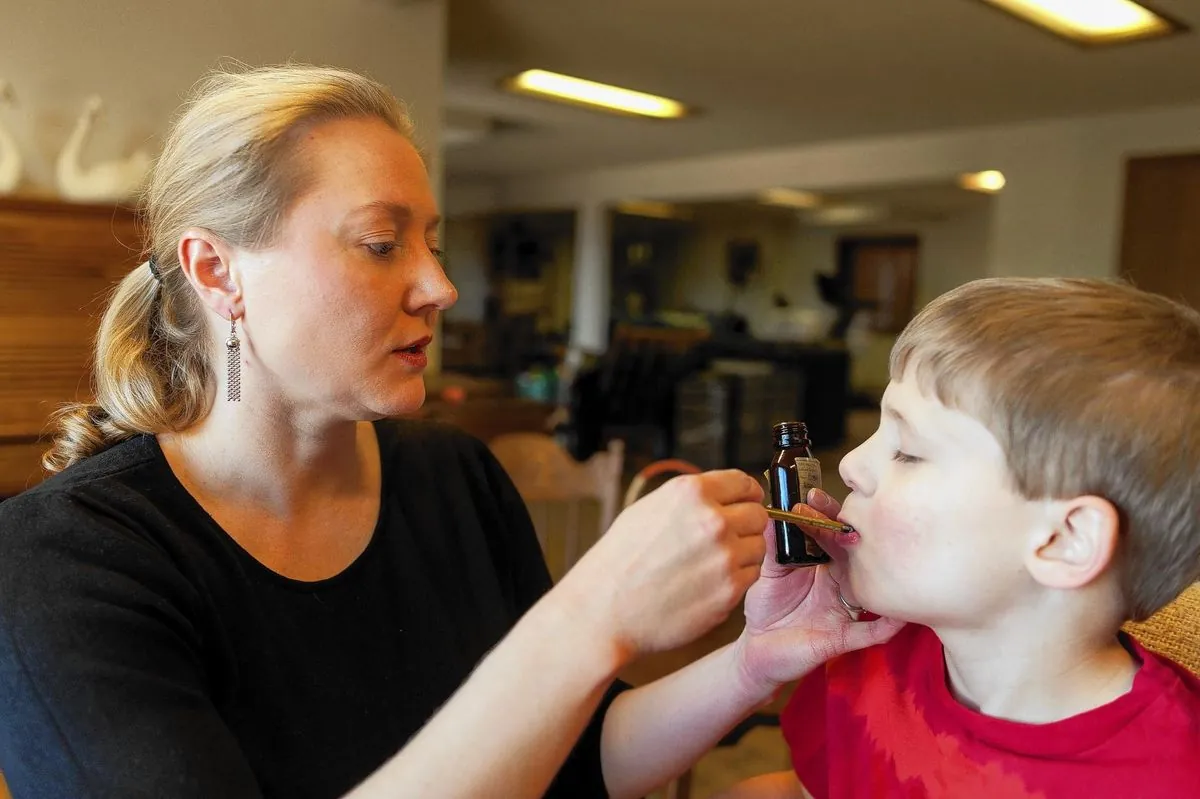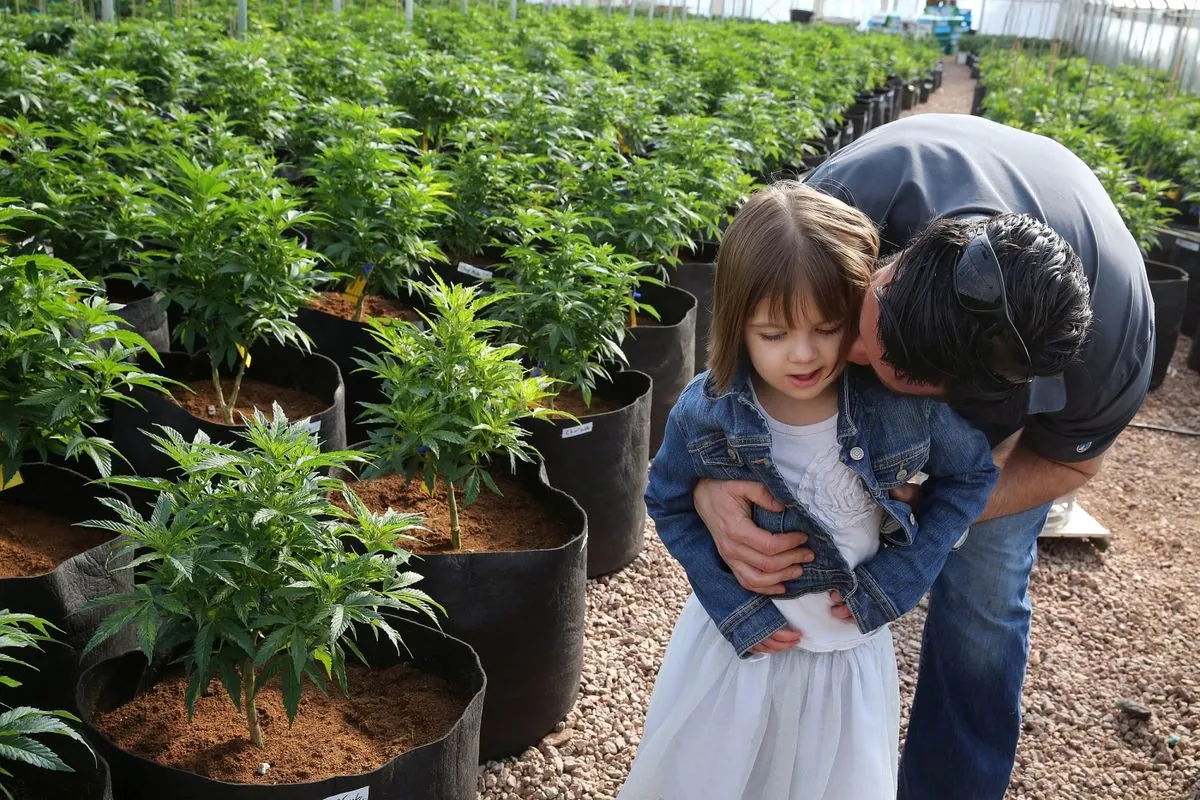Sao Paulo Pioneers Free CBD for Epilepsy Patients in Brazil
Sao Paulo becomes the first Brazilian state to offer free CBD medication for specific epilepsy cases. This groundbreaking move follows years of advocacy by mothers seeking better treatment for their children.

In a landmark decision, Sao Paulo, Brazil's most populous state, has become the first to provide free cannabidiol (CBD) medication for certain epilepsy patients through its public health system. This progressive step comes after years of tireless advocacy by mothers seeking better treatment options for their children with severe epileptic conditions.
The new law, enacted in January 2023, focuses on three rare medical conditions, including Lennox-Gastaut and Dravet syndromes. These severe forms of epilepsy begin in childhood and can cause debilitating seizures, significantly impacting patients' quality of life.

For families like Janaína Silva's, whose 4-year-old son Murillo has Lennox-Gastaut syndrome, the law has been life-changing. Silva reports that since June 2023, when she began receiving free CBD for Murillo, his seizures have become shorter and less intense. The medication, which would otherwise cost around 900 reais ($180) per bottle, now comes at no expense to the family.
The journey to this point has been long and challenging. Maria Aparecida Carvalho, whose daughter Clárian has Dravet syndrome, was among the pioneering mothers who fought for access to medical cannabis. Inspired by the case of Charlotte Figi, an American girl with Dravet syndrome who found relief through CBD, Carvalho initially considered drastic measures to obtain the medication for her daughter.
"The first thing I said to him was, 'Let's go get (cannabis) from drug dealers.'"
The political process to enact the law was spearheaded by center-left state lawmaker Caio França. Despite facing an overwhelmingly conservative legislature, França worked tirelessly for three years to gather support for the bill. The law was ultimately signed by Governor Tarcísio de Freitas, a former member of far-right President Jair Bolsonaro's cabinet, who shared a personal connection to the cause through his nephew with Dravet syndrome.
While this law marks significant progress, challenges remain in Brazil's broader cannabis landscape. Recreational marijuana use was decriminalized by the Supreme Court in June 2024, but cultivation remains illegal. This restriction drives up costs for medical cannabis products, as the industry must rely on imported raw materials.
Despite these hurdles, the use of medicinal cannabis in Brazil is on the rise. In 2023, over 430,000 Brazilians received cannabis treatment, a 130% increase from the previous year. This growth reflects a shifting perspective on medical cannabis that transcends political divides.
As Brazil continues to navigate the complex terrain of cannabis legislation, the Sao Paulo law stands as a beacon of hope for families struggling with severe epilepsy. It demonstrates the power of grassroots advocacy and the potential for evidence-based policies to improve lives, even in the face of longstanding stigma and political opposition.


































